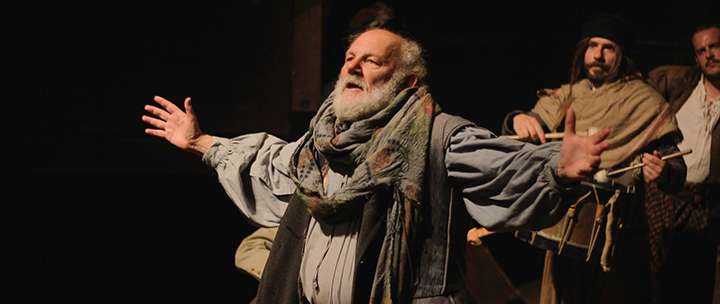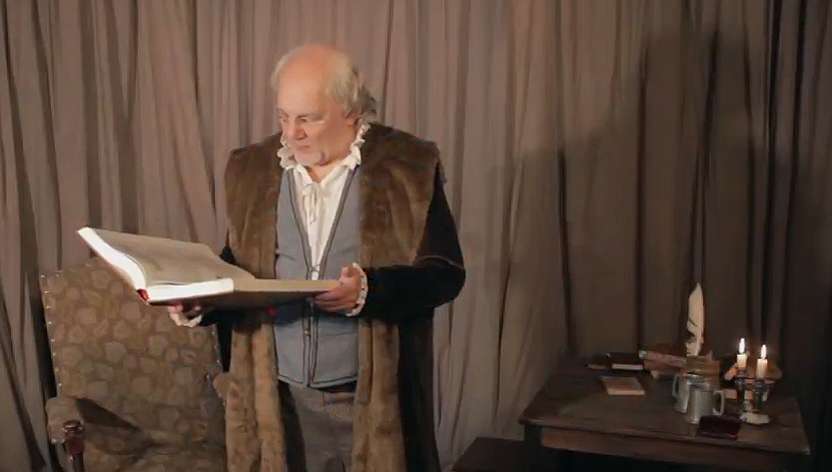
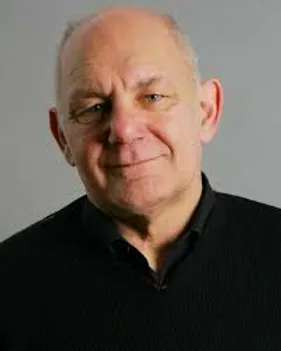 Colin David Reese was born in 1950 in London, the son of celebrated radio actor Harold Reese, and first appeared on stage at the age of 5. His first professional appearance, at the age of 12, was in musical fantasy, All the King’s Men, about the life of Shakespeare, where he played the Bard’s illegitimate son.
Colin David Reese was born in 1950 in London, the son of celebrated radio actor Harold Reese, and first appeared on stage at the age of 5. His first professional appearance, at the age of 12, was in musical fantasy, All the King’s Men, about the life of Shakespeare, where he played the Bard’s illegitimate son.
In 1967, Colin went into professional theatre in Plymouth, appearing in several plays including Romeo and Juliet directed by Joan Knight. In 1968 he was cast in Alan Bennett’s 40 Years On at the Apollo Theatre in London, which starred Sir John Gielgud, Paul Eddington, and Alan Bennett and was directed by Patrick Garland.
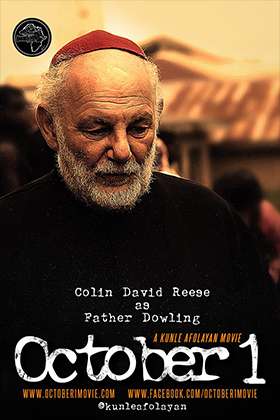 After a number of years in small parts, Colin saved enough money to study at the world renowned Webber Douglas Academy of Dramatic Art in London, which gave him the grounding in all aspects of acting, with an emphasis on the classics.
After a number of years in small parts, Colin saved enough money to study at the world renowned Webber Douglas Academy of Dramatic Art in London, which gave him the grounding in all aspects of acting, with an emphasis on the classics.
In 1979, Colin appeared in a 7-month run at the Haymarket Theatre in Tennessee Williams’ Sweet Bird of Youth directed by Harold Pinter and starring Lauren Bacall. In the same year he set up his own company, Jericho Theatrical Productions, specifically to produce a play composed with his father of Shakespearean love scenes. It was during the research for this project that Colin’s true obsession with the playwright began.
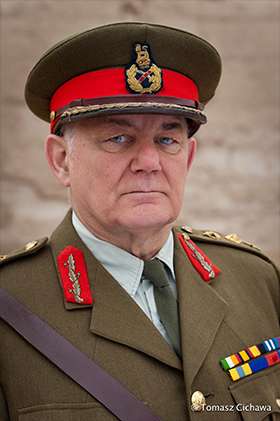 After a great deal more in-depth research, he discovered the strong influence of Commedia dell’ Arte in the Bard’s work. Following from this, he moved to France where he spent two years studying with world-famous Commedia dell’ Arte practitioner, Jacques Lecoq.
After a great deal more in-depth research, he discovered the strong influence of Commedia dell’ Arte in the Bard’s work. Following from this, he moved to France where he spent two years studying with world-famous Commedia dell’ Arte practitioner, Jacques Lecoq.
The research that led to Shakespeare Unbound – A Gift to the Future was motivated by a desire to understand what it meant to perform these plays for the first time.
This research over decades into the vast body of work written about the man, the theatre of the time, the social place of the players in Elizabethan/Jacobean life, was influenced by a curiosity as to what it must have been like to be a player on the boards of The Theatre, The Globe and subsequently The Blackfriars.
On discovering the overwhelming importance of Heminges’ role in preserving the genius of William Shakespeare, Colin David Reese realised that he could serve the same role for John Heminges as Heminges played for Shakespeare.
